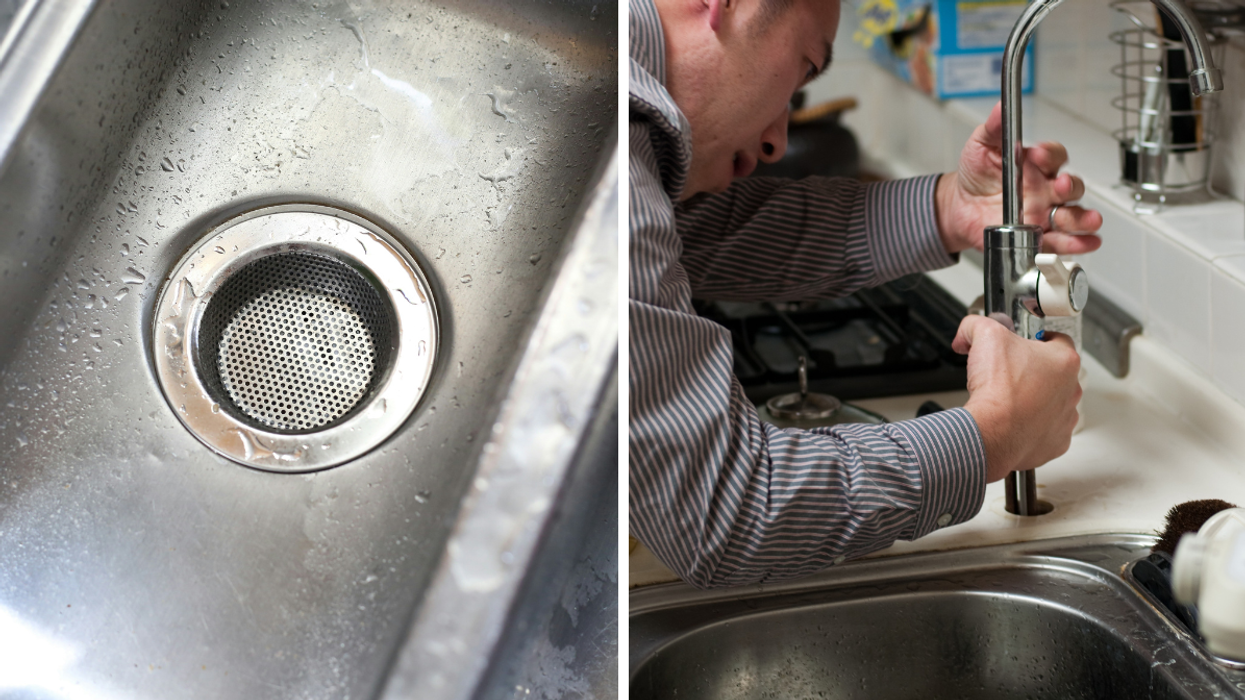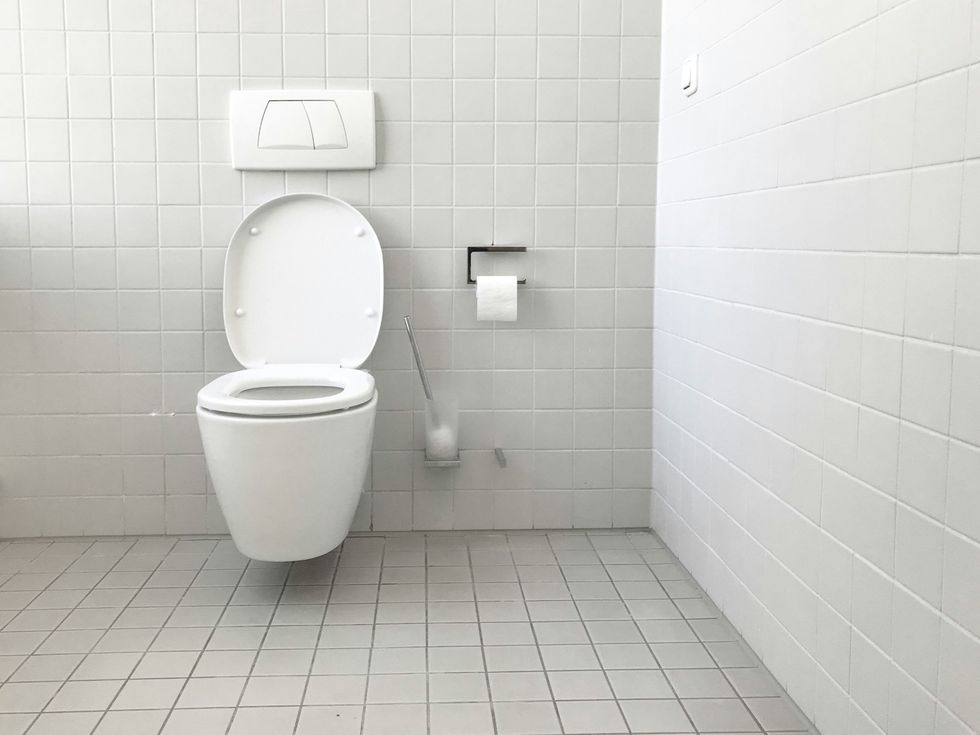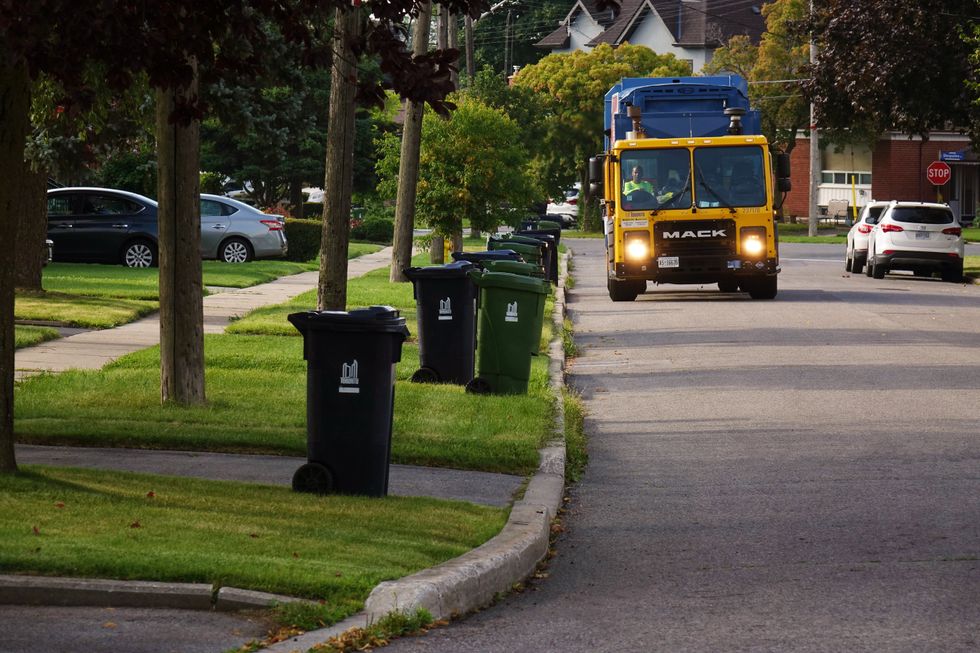Here’s how to keep your drains happy & avoid some seriously gross consequences
The do’s and don'ts 📒

Left: Clean sink with drain filter, Right: Plumber fixing kitchen faucet issue
Let’s be real — no one likes dealing with a clogged drain. It’s messy, it’s gross, and it’s usually way more expensive than you’d expect. But here’s the thing: Not everything is meant to go down the drain. Some items can wreak havoc on your home’s plumbing and put a serious dent in your wallet. The City of Toronto wants you to avoid those late-night calls to the plumber by simply knowing what not to flush or pour down the drain.
Here's the lowdown on what’s safe to send down the pipes and what’s better off in the trash. Trust us, your drains (and your wallet) will thank you later.
What NOT to flush

What NOT to pour down the sink

Where should these items go?

Courtesy of City of Toronto
Clogs in your home’s plumbing can lead to pricey repairs, but the impact doesn’t stop there. When these blockages reach the city’s sewer pipes or wastewater treatment plants, they can trigger even bigger problems. During heavy rain, sewers can overflow and untreated wastewater along with anything you flush can end up polluting our creeks, rivers and lakes.
So, before you flush or rinse something away, ask yourself: Could this cause a problem later? If the answer is yes, choose a better disposal method. For more tips, visit the link below.